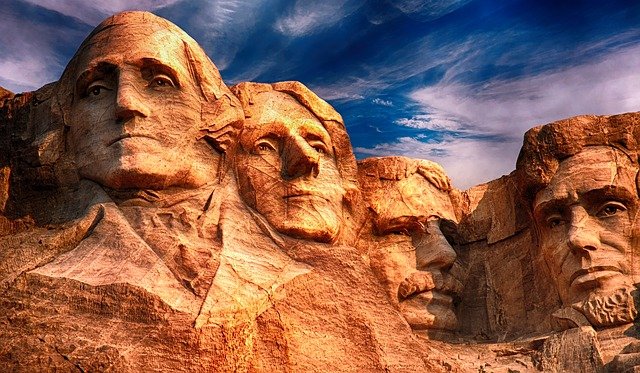
Presidentialism implies that the president is the head of government and that he can act without the support of the legislative chambers.
Presidentialism is the name given to the political system whose organization is based on the performance of the president as head of government , without needing the support of the legislative chambers. In this way, the president is the formal representative of the nation and the head of the executive branch .
Origin and division of powers
A presidential regime is framed in a republic , since the authorities are elected by Parliament or by the citizens to exercise their mandate during a certain period of time. It is important to keep in mind that, in republics, there is a division of powers through the judicial branch , the legislative branch and the executive branch .
This concept of division of powers dates back to the end of the 18th century, when Congress and the office of President were created in the Constitution of the United States, all framed in a system in which the people were the ones who had the right to elect the person who would govern it.
The role of the president in presidentialism
The president, in a presidential system, is directly elected by the people through an electoral process and directs the executive branch according to the powers granted to him by the Constitution .
It must be taken into account that, although the legislative branch and the executive branch are independent, the president has certain special legislative powers. In Argentina , for example, the president can sign decrees of necessity and urgency , which are regulations with the force of law .
System advantages
With presidentialism, ultimately, the executive power falls to the president, appointed by the citizens through universal suffrage . The president coexists in power with Congress (or Parliament ), which cannot take away the authority of the president except for certain exceptions. This means that the president does not need the trust or support of Congress to run the government .
Political science experts often mention that, among the advantages that presidentialism offers over other systems , the following stand out: direct election by the people, separation of powers , rapid decisions and changes, stability and absence of dependence on the political party . The last point is mentioned in the previous paragraph, and to what has been said we can add that thanks to this advantage of presidentialism there is no possibility of a partitocracy emerging.

In presidentialism, presidents are the highest political figures.
Also known as partyocracy , partitocracy is a phenomenon that occurs when the essential organs of State power are transformed into entities that simply execute the decisions that the parties have made for them. In other words, it is defined as a form of government in which effective sovereignty is assumed by partisan oligarchies. Regarding the speed of action that characterizes presidentialism, it is believed that these systems allow a faster response than that of parliamentarianism to emerging problems.
While a prime minister requires the support of the legislature to make an important decision effective, the president's limitation is much less. The key term is trust , which we mentioned above when talking about the president and Congress; Britain's prime ministers, for example, do need the House of Commons to trust their decisions. On the other hand, there are those who argue precisely the opposite: that presidentialism results in a beneficial delay in decision-making thanks to the legislature and the presidency being under the control of different parties .
